Time seems straightforward, but it holds many surprises. We all grow up with it, so it feels normal. However, when you dig deeper, time reveals incredible facts. From how it can bend and stretch to the mysteries of time travel, there’s so much more to time than we think. Let’s explore some fascinating facts about time that will make you see it differently.
A Year in the Dinosaur Era
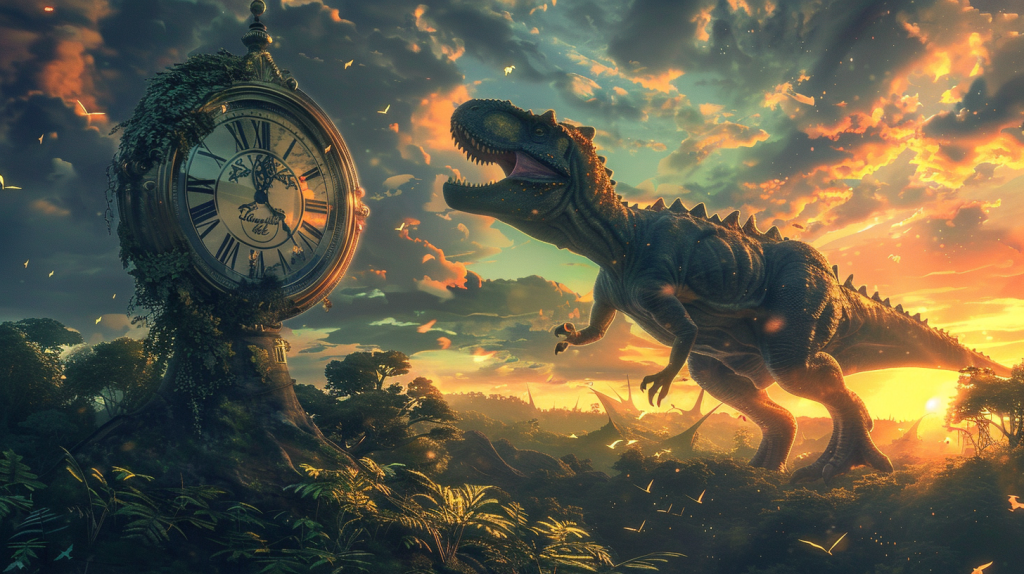
When dinosaurs were around, a year had 370 days. The Earth’s rotation is slowly decelerating due to the moon’s gravitational pull, extending our days by about 1.7 milliseconds every hundred years.
The Oldest Thing on Earth

The oldest known object on Earth is a zircon crystal from Western Australia’s Jack Hills, aged at 4.4 billion years. This tiny crystal offers a glimpse into Earth’s early days, forming just 160 million years after the planet itself.
Redefining a Second

A second is no longer just 1/60th of a minute. It’s defined by the time it takes for 9,192,631,770 transitions between two energy levels of a caesium 133 atom. This precise definition ensures incredibly accurate time measurement.
The Cosmic Slowdown
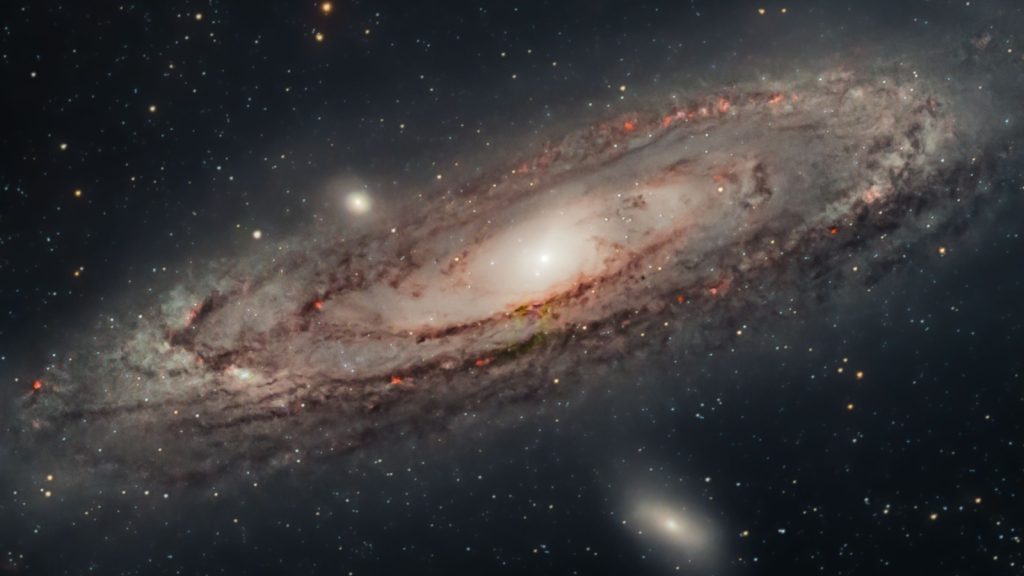
Observations show that distant galaxies move faster than closer ones, suggesting the universe’s accelerated expansion, likely due to “dark energy.” Another theory proposes that time itself was faster in the universe’s early stages and might eventually “freeze,” capturing the cosmos in a perpetual instant.
The Smallest Measure of Time

The smallest time unit in science is the Planck time. To understand its tiny scale, a single blink takes about 550,000 trillion trillion trillion Planck times.
The Oddball Effect

New experiences stick in our memory longer, known as the “oddball effect.” As we get older and experience more familiar things, time seems to speed up because each new experience feels shorter compared to our entire life.
Time Flows Differently for Your Face and Feet

When you stand, time moves a bit faster for your face than your feet. This is due to Einstein’s theory of relativity, which shows that time slows down closer to Earth’s center. For example, time on Mount Everest flows about 15 microseconds faster each year compared to sea level.
A Day on Mercury
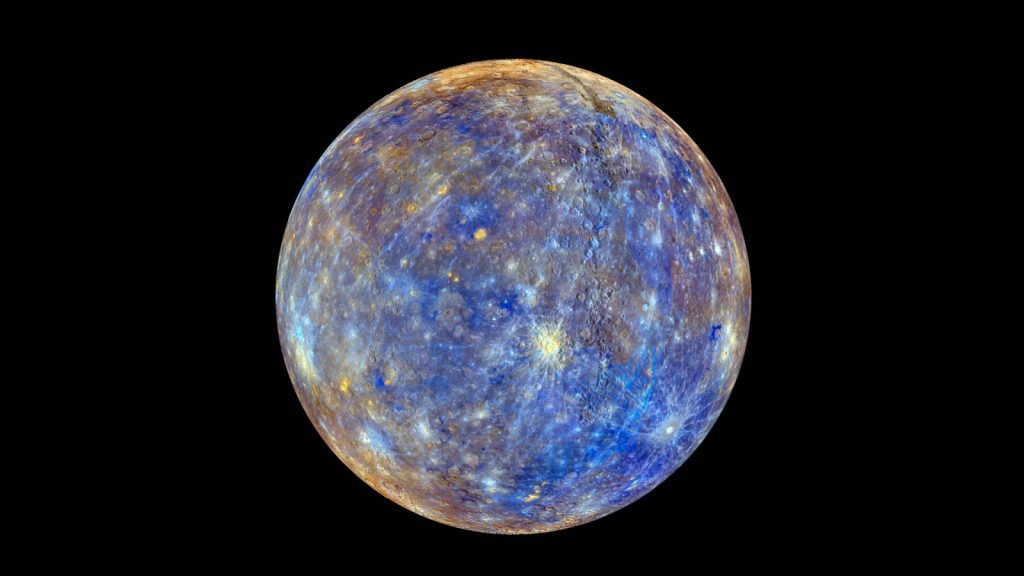
A single day on Mercury lasts two years. This is due to Mercury’s very slow rotation compared to its orbit around the sun, making its days extremely long by Earth standards.
The Illusion of Now

In physics, the concept of “now” doesn’t exist. Space and time are both affected by gravity and velocity, leading Einstein to describe the separation of past, present, and future as an illusion.
Synchronizing Earth’s Time: The Leap Second Adjustment

As Earth’s rotation slows, our 24-hour day drifts from celestial time. To fix this, the International Earth Rotation Service adds a “leap second” occasionally. The last one was added on June 30, 2015, to keep our clocks in sync with Earth’s rotation.
The Delayed Vision of Reality

We see everything slightly in the past. The sunlight we see is 8 minutes and 20 seconds old. Light from Proxima Centauri, the nearest star beyond our solar system, takes four years to reach Earth, so we see it as it was four years ago.
Speed’s Influence on Time

Speed affects time. If you travel to Sirius and back at nearly the speed of light, you’d age about two and a half years while people on Earth would age over 17 years. This is known as time dilation, a key aspect of relativity where time slows down relative to your speed.
The Cosmic Calendar

If you compress the universe’s 13.8 billion-year age into a single year, dinosaurs went extinct on December 29, humans appeared at 11:54 PM on December 31, and Columbus’s 1492 voyage happened in the last second of the year. This shows how brief human existence is in cosmic time.
The Strontium Clock

Scientists created the strontium clock for precise time measurement. This clock stays accurate within a second for 15 billion years, highlighting our pursuit to understand and measure time with incredible accuracy.
The Oldest Thing in the Universe
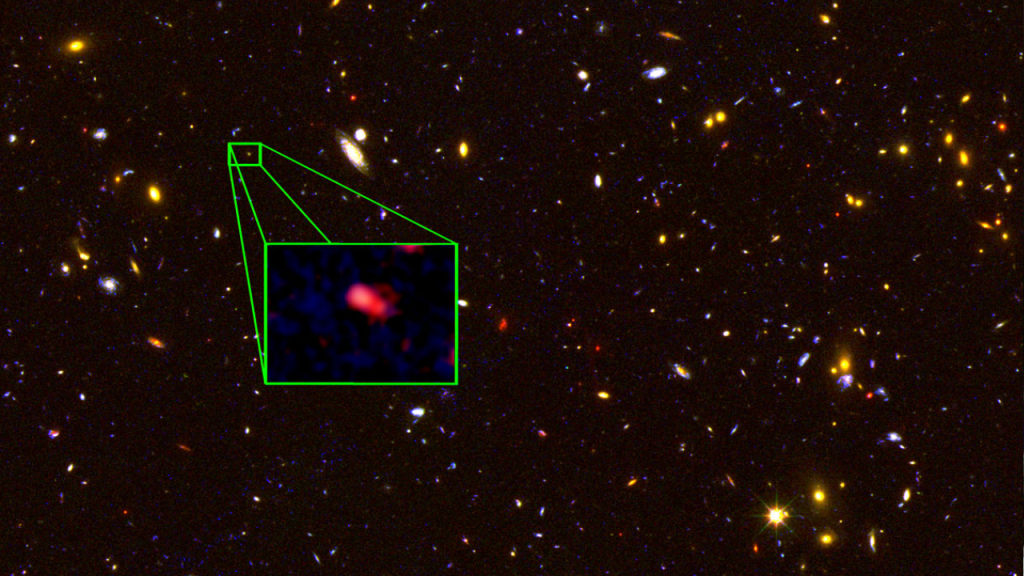
The galaxy z8_GND_5296 is the oldest known object in the universe at 13.1 billion years old. Discovered only 700 million years after the universe’s birth, it offers a peek into the cosmos’s early days.
The True Length of a Day
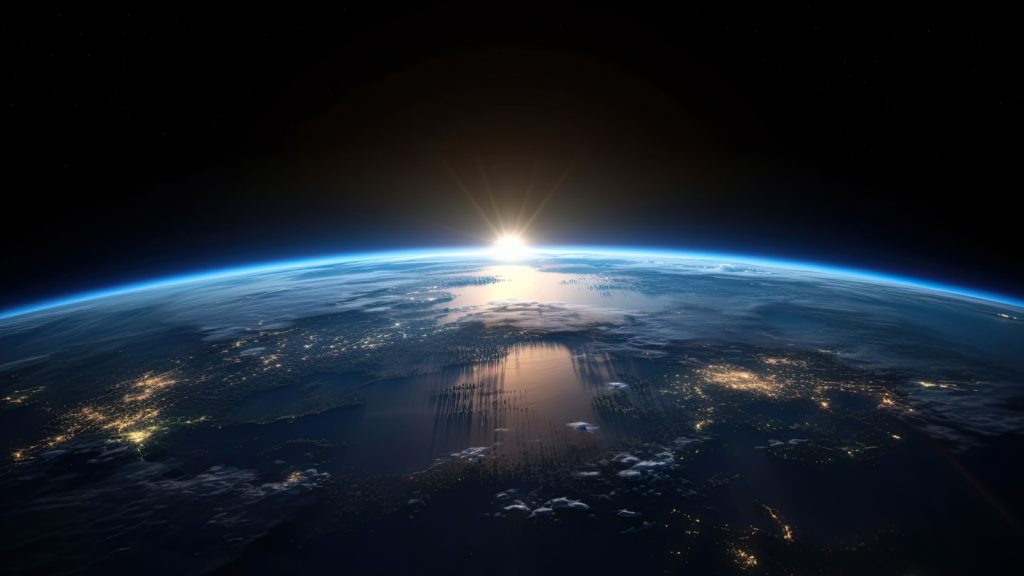
An Earth day isn’t exactly 24 hours but 23 hours, 56 minutes, and 4.2 seconds. The extra time to reach 24 hours accounts for Earth’s movement around the sun, which slightly shifts its position each day.
The Unification of Time for Transit

Time standardization across regions was primarily for railway schedules. Before standard time, local noons varied, causing missed trains. The Great Western Railway started using a uniform time in 1840 to synchronize travel across distances.
21 Things Pilots Are Forbidden to Do During Flights

Have you ever wondered what rules pilots must follow while they’re in the cockpit? Being a pilot is a job that comes with a lot of responsibility and a strict set of rules to ensure the safety of everyone on board.
These rules ensure that pilots maintain the highest standards of safety and professionalism while flying. By adhering to these guidelines, they help ensure that every flight reaches its destination safely.
Read More: 21 Things Pilots Are Forbidden to Do During Flights
24 Incredible Facts About Everything Around You That You Didn’t Know

Curiosity about the world drives us to discover amazing facts about everyday things. Whether it’s the smallest mammal, an astronaut’s origin, or surprising trivia about galaxies, there’s always something new to learn. Why not take a moment to enrich your mind with some fascinating nuggets of knowledge?
We love learning random, interesting snippets that add to our understanding of the world. From biology to space and everything in between, a wide range of topics can spark your curiosity.
Read More: 24 Incredible Facts About Everything Around You That You Didn’t Know
What Science Fiction Gets Wrong About Mars and 23 Other Astonishing Planetary Facts
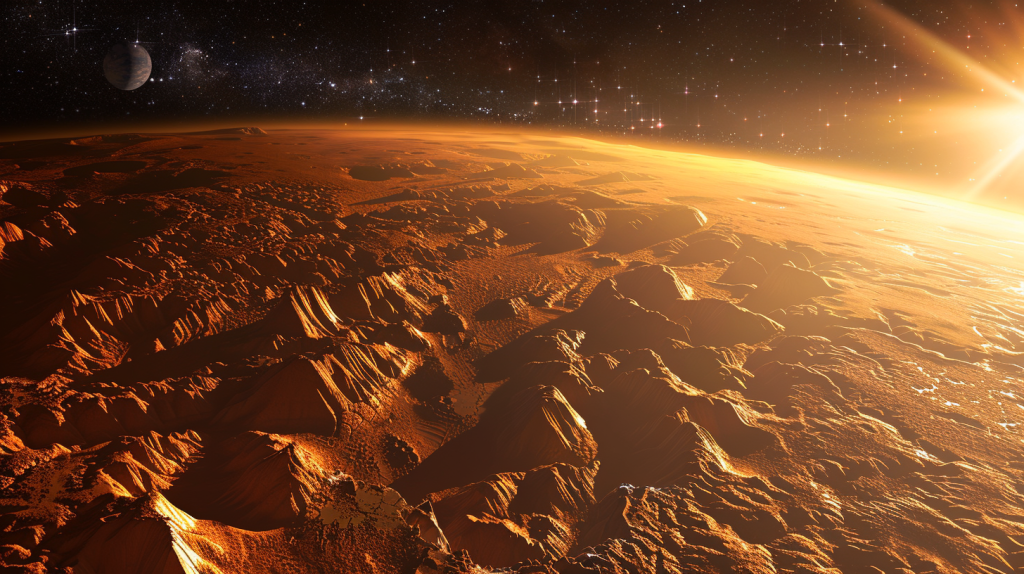
Our solar system is full of amazing and surprising facts that make each planet unique. From extreme temperatures to giant storms, there’s so much to learn about the planets that orbit our Sun. Here are 24 astonishing planetary facts that will leave you in awe.
Read More: What Science Fiction Gets Wrong About Mars and 23 Other Astonishing Planetary Facts
Katy Willis is a writer, master herbalist, master gardener, and certified canine nutritionist who has been writing since 2002. She’s finds joy in learning new and interesting things, and finds history, science, and nature endlessly fascinating.

